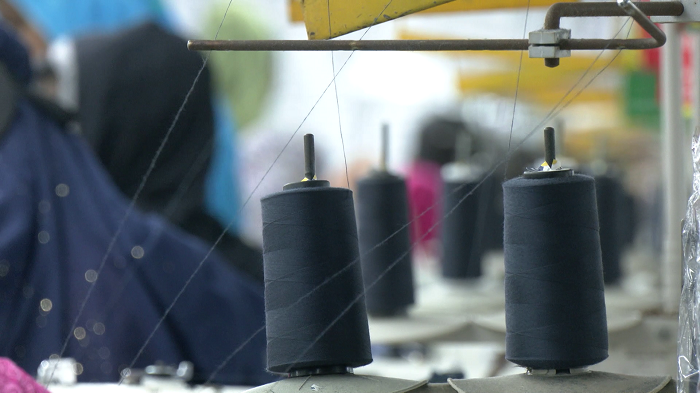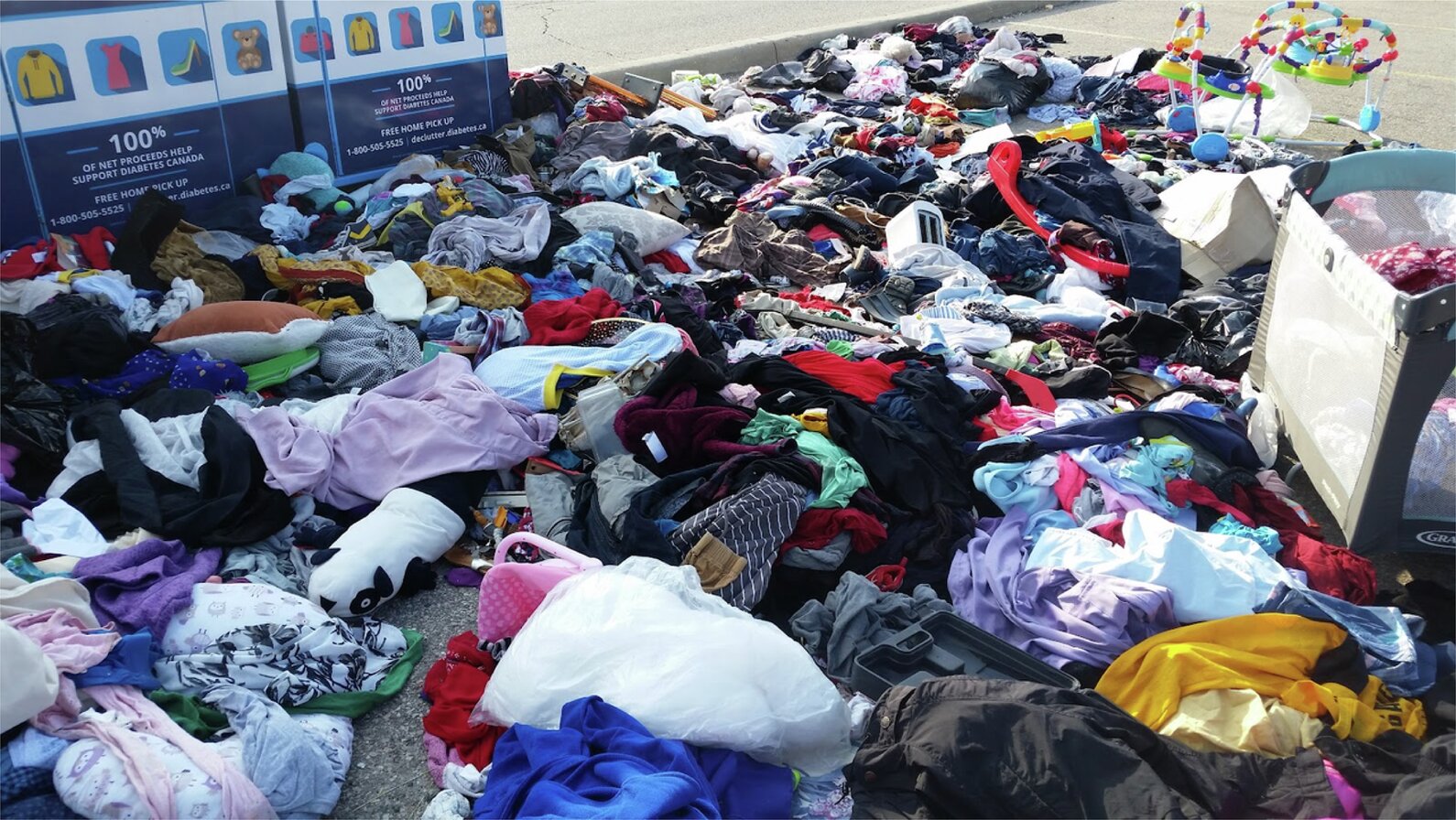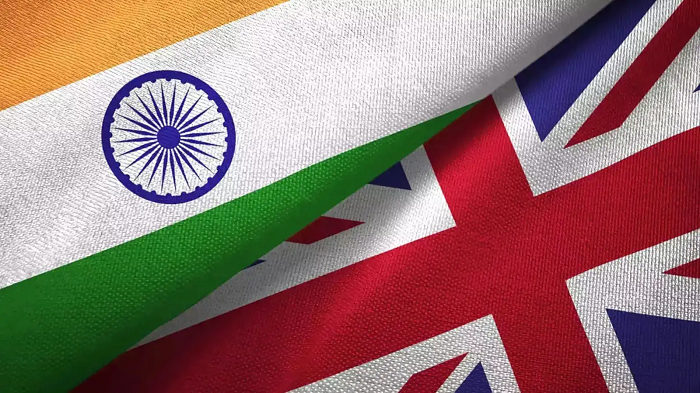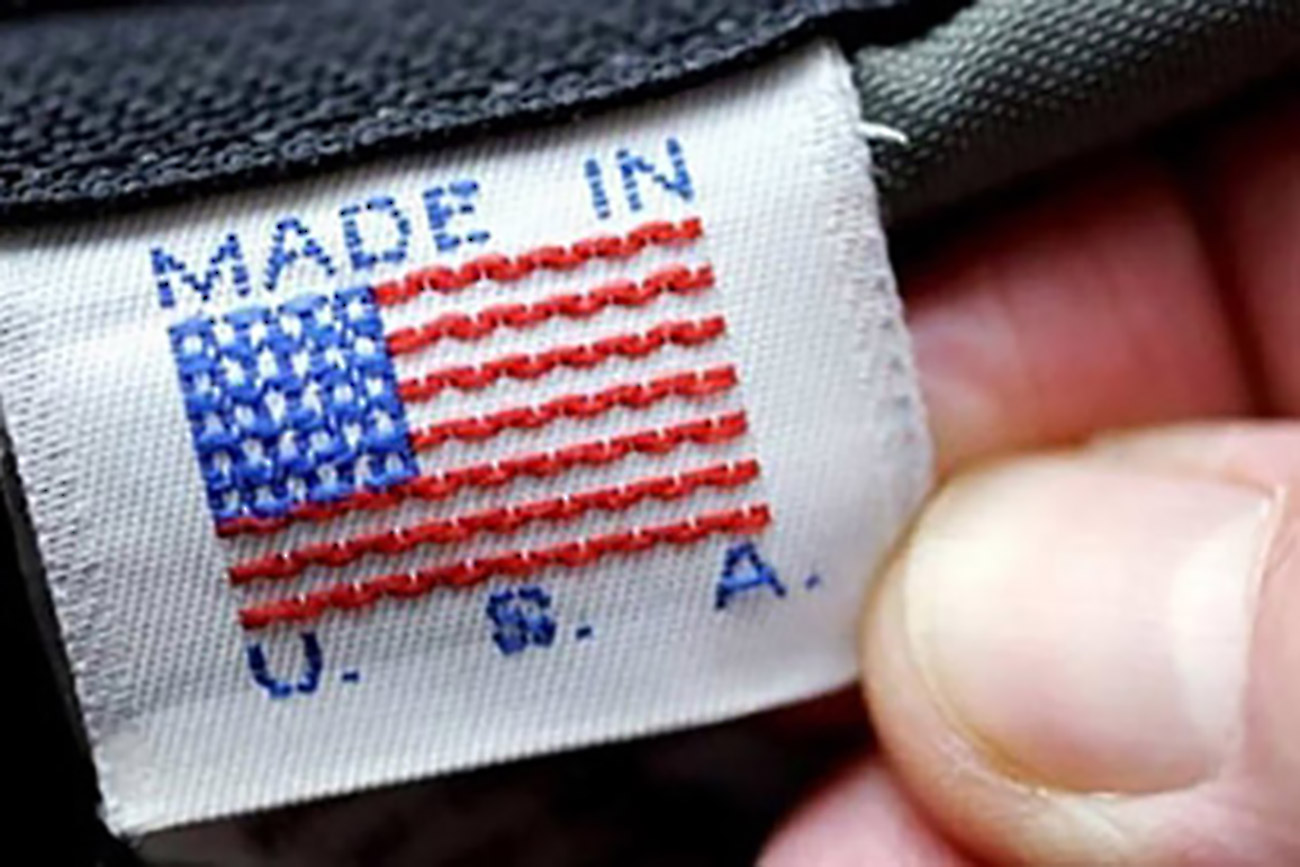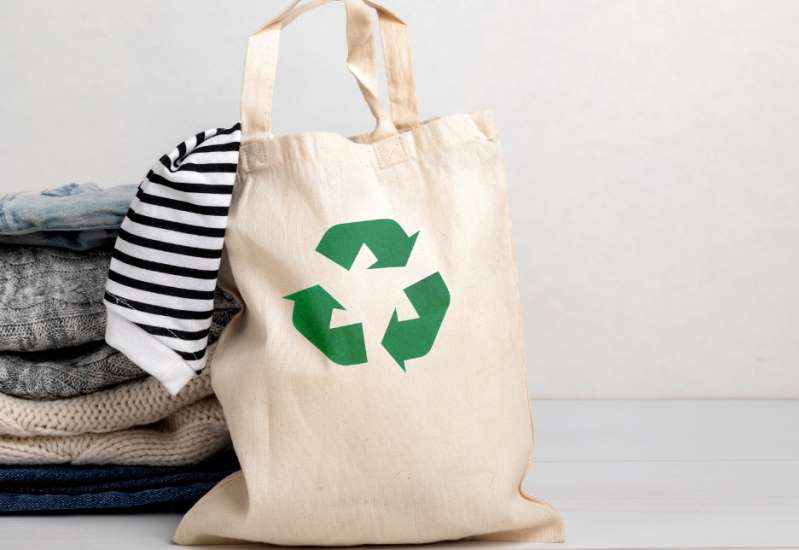The International Apparel Federation (IAF) has welcomed the decision to temporarily halt a significant portion of the punitive tariffs implemented by the US on April 2, 2025 with the highest rates targeting countries heavily reliant on garment exports to the US.
The continued application of punitive tariffs on imports from China - one of the world’s largest apparel exporters - highlights the real and ongoing risk of tariff escalation for other nations. The Federation strongly urges, future trade negotiations should pursue reasonable goals and avoid punishingly high tariffs on apparel. Many apparel-exporting countries lack the domestic purchasing power to significantly increase imports from the US, making it unrealistic and unreasonable to demand steep trade balance corrections. Similarly, high tariffs will not realistically lead to a large-scale return of apparel production to the US.
The punitive tariffs implemented by the US administration can destabilize economies and jeopardize the livelihoods of countless employees and entrepreneurs in the apparel industry globally, including within the US itself, the Federation adds.
For IAF members, the harm inflicted by the creation of a climate of tariff uncertainty (and, in China's case, a punitive reality) has not been paused. With global supply chains still recovering from the COVID-19 pandemic, the Red Sea crisis, and weakened consumer confidence, the unpredictability of trade policy discourages investment and further undermines market stability and consumer confidence. Preventing the return of these harmful tariffs must be a top priority—followed by restoring a stable, predictable trade environment. Only then can we begin the critical work of re-evaluating global supply chains.
To be clear, no supply chain resilience strategy can withstand a tariff tornado of this scale. Nevertheless, moving forward, the industry should reduce its vulnerability to sudden policy shifts, opines IAF. This would require it to expand the foundation of competitiveness beyond cost alone. The IAF advocates for stronger, smarter, and more sustainable supply chains—anchored more in long-term partnerships, business sense, and mutual interdependence, and less dependent on trade political decisions.
Serving as the voice for the apparel manufacturing sector across more than 40 countries, the International Apparel Federation represents a global industry comprising hundreds of thousands of companies and millions of employees.

